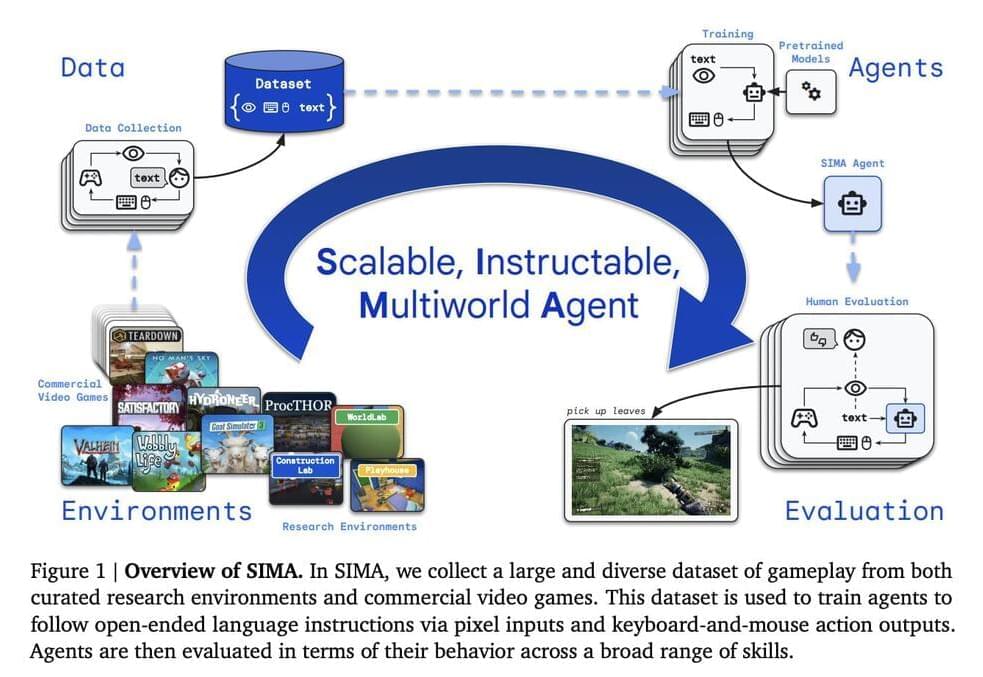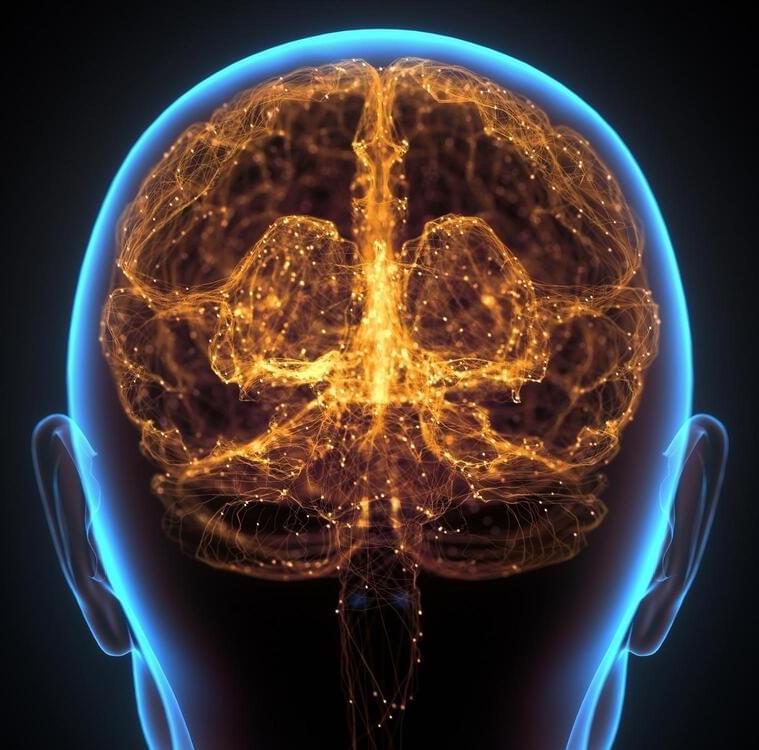Mar 24, 2024
Scientists Say They’ve Found Huge Number of Mysterious Circles Around the World
Posted by Kelvin Dafiaghor in category: robotics/AI
Using artificial intelligence, researchers have discovered mysterious “fairy circles” in hundreds of locations across the globe.
These unusual round vegetation patterns have long puzzled experts, dotting the landscapes in the Namib Desert and the Australian outback.
But according to a new study published in the journal Proceedings of the National Academy of Sciences, the unusual phenomenon could be far more widespread than previously thought, cracking the case wide open and raising plenty more questions than answers.


















